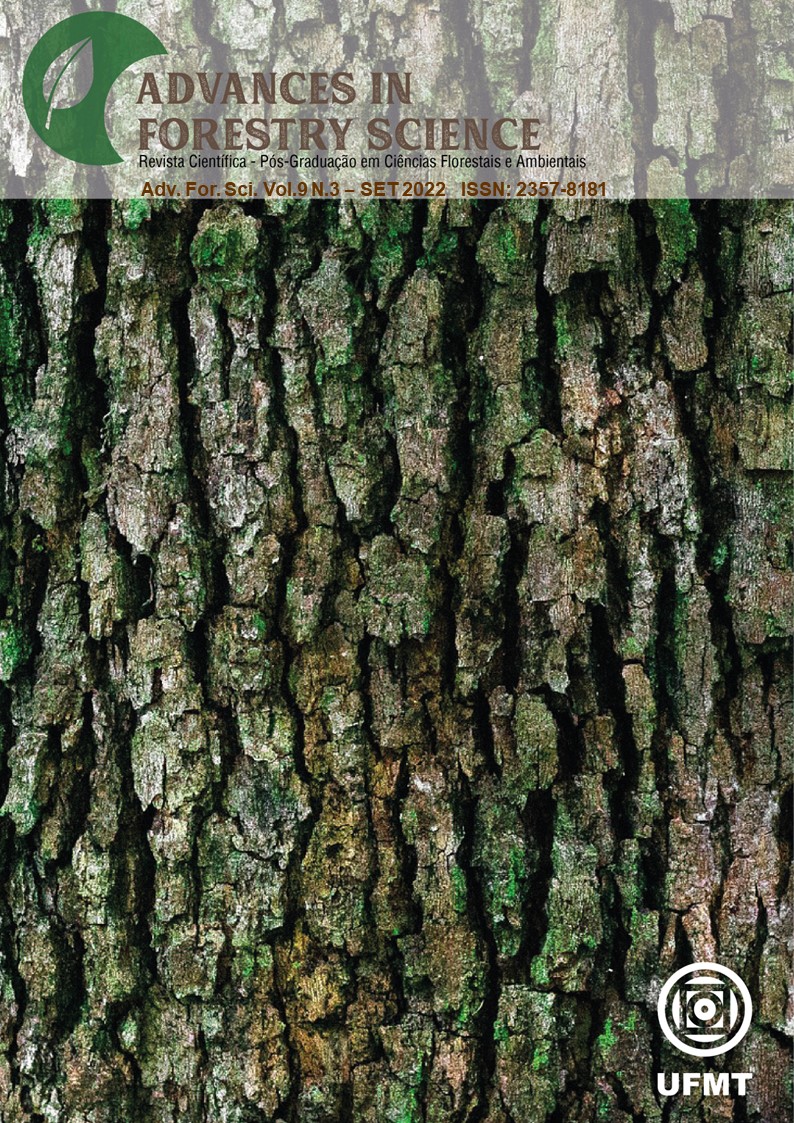Determinants of tourists’ willingness to pay for conservation of ecotourism destinations: A case study of Ikogosi Warm Spring Resort, Nigeria
DOI:
10.34062/afs.v9i3.13173Abstract
Tourist WTP was estimated using the contingent value method for conservation and protection of Ikogosi Warm Spring Resort in Ekiti State, Nigeria. The Warm Spring is one of
Tourist WTP was estimated using the contingent value method for conservation and protection of Ikogosi Warm Spring Resort in Ekiti State, Nigeria. The Warm Spring is one of Nigeria's most beautiful environments, attracting a big number of tourists each year and serving as a significant ecotourism development location. In order to evaluate if demographic characteristics, awareness of natural resource conservation, tourist behavior, motivation, and satisfaction affect WTP, a face-to-face survey employing a questionnaire was done with two groups of tourists, domestic and international visitors to the site. The maximum amount that tourists were willing to pay was computed using the mean and median values. Multiple linear regression analysis was used to determine the factors that influence tourists' WTP. For domestic tourists, the mean and median maximum amount they were willing to pay was US$2.57 and US$2.37 respectively, and for international tourists, US$1.27 and US$1.00. Age, education, income, domicile, and nationality all had an impact on the tourists' WTP, according to the research. It has been suggested that the site's management may use these elements to segment tourists for marketing purposes in order to secure the site's long-term viability.
Downloads
Published
Issue
Section
License
All copyright must be assigned to the Federal University of Mato Grosso.

